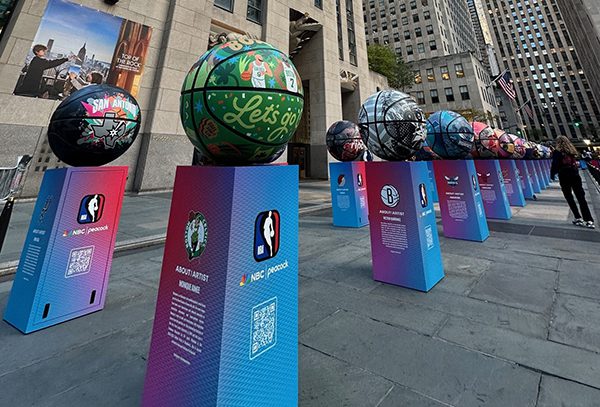Last night, Republican presidential candidate Mitt Romney avoided humiliation by earning a split of the delegates available in Michigan – a state where his father had served as governor. But there's a big difference between avoiding embarrassment and earning a flat-out win.
Romney continues to have superiority in two key areas – money and campaign organization. Pro-Romney spending in Michigan dwarfed that of his nearest rival, Rick Santorum, by a two-to-one margin. And Romney continues to make good use of the ground forces he has established during the last five or so years.
For all these assets, the Romney campaign's biggest drawback is Romney himself. He embodies the marketing story about the dog food company that invests in highly engaging package design and a brilliant marketing campaign, yet fails to gain traction because, as one low-level marketing executive points out, "The damned dogs won't eat it."
Romney also represents a classic case of familiarity breeding contempt: The longer he stumps, the more primary voters seem to dislike him. Romney's closest rival, Rick Santorum, knows this, which is why the Santorum campaign's telemarketing effort urging Democrats to vote in the open Michigan primary worked – both Santorum and the Democrats know extended exposure hurts Romney.
Herein lies the branding/marketing question. Next Tuesday, March 6, ten states will host nominating contests. Romney could conceivably overwhelm the race through heightened spending. His campaign resources, along with those of the very-independent-and-not-at-all-coordinated PACs supporting him outstrip those of his rivals.
While the March 6 contests won't offer enough delegates to secure the nomination, overwhelming wins will return the sense of inevitability the campaign once had. More than that, it will get Romney out of the bruising primary process and allow him to focus on the general election. And it will get him out of the eye of the public, where he just doesn't do well.
Romney has seen this strategy work: In the expensive Florida media, a flood of pro-Romney spending successfully stopped the then-surging Newt Gingrich campaign. The advertising helped Romney secure his highest vote percentage in a contested state to date: He was not seriously challenged in Nevada and Arizona, the two contests in which he scored higher.
But Romney's financial resources have proven to be a campaign issue, in no small part due to the plutocratic candidate's own tin ear when it comes to presenting himself as in touch with the majority of the electorate. In short, by tapping into one of his most powerful weapons in a show of marketing superiority, he feeds into one of the reasons voters have been slow to warm to him.
The alternative strategy is to continue running a campaign that slowly amasses the delegates he needs for the nomination, with the tradeoff being that the more voters see of him, the less they appear to like him (and the more he has to spend to win them over).
So for readers, a challenge. Put aside personal ideology and offer the best advice possible to Romney: The first strategy could be going for the decisive, expensive win next Tuesday, with the cautions that a) doing so will play into the "he's too tin-eared rich to be an effective president and b) failure to overwhelm rivals will give new voice to the "he's not electable" meme.
The second strategy could be continuing the slow path of delegate accumulation, which will result in prolonging his exposure and increasing his negatives… and which gives challengers a better chance of taking the nomination from him.
Which would you advise – or would you recommend a third way (remembering that, at least for the purpose of this exercise, the goal is to get the man the nomination)?



